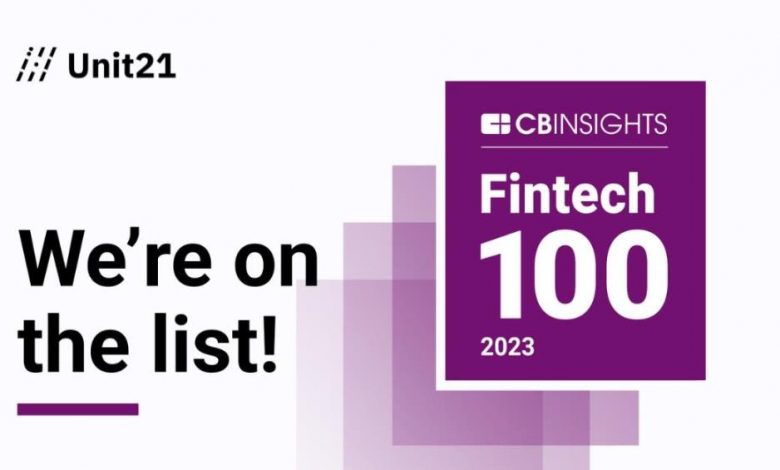The Role of KYC on Bitstamp: Understanding Identity Verification

The Role of KYC on Bitstamp: Understanding Identity Verification
What is KYC and Why is it Important on Bitstamp?
Understanding KYC
KYC, which stands for “Know Your Customer,” is a process implemented by financial institutions to verify the identity of their customers. Bitstamp, a renowned cryptocurrency exchange, also follows strict KYC procedures to ensure compliance with legal and regulatory requirements.
Importance of KYC on Bitstamp
KYC on Bitstamp plays a vital role in enhancing security measures, preventing fraud, and promoting a safe trading environment for users. By verifying user identities, Bitstamp can reduce the risk of money laundering, identity theft, and other illicit activities commonly associated with cryptocurrencies.
The KYC Process on Bitstamp
Step-by-Step KYC Verification Process
1. Account Registration: Start by signing up on the Bitstamp platform and providing basic information such as your email address and password.
2. Personal Information: Submit your personal details, including your full name, date of birth, and address.
3. Identity Verification: To verify your identity, upload a scanned copy of your government-issued ID, such as a passport or driver’s license. Make sure the document is clear and easy to read.
4. Proof of Address: Bitstamp requires proof of address to confirm the information provided. Accepted documents usually include utility bills or bank statements showing your address.
5. Selfie Verification: Snap a selfie holding your ID document next to your face. This selfie is used to cross-verify your identity and ensure it matches the information provided.
Frequently Asked Questions (FAQs)
1. Why does Bitstamp require KYC verification?
KYC verification is necessary on Bitstamp to comply with anti-money laundering (AML) and know your customer (KYC) regulations. By verifying user identities, Bitstamp can ensure a safer and more secure trading environment for all users.
2. How long does the KYC verification process take on Bitstamp?
The KYC verification process on Bitstamp typically takes around 24-48 hours. However, it may take longer during times of high user demand or if there are issues with the submitted documents.
3. Is my personal information safe during the KYC process?
Yes, Bitstamp takes user privacy and data security seriously. They implement robust security measures and encryption protocols to protect user information from unauthorized access or breaches.
4. Can I trade on Bitstamp without completing the KYC process?
No, Bitstamp requires all users to complete the KYC verification process before they can trade on the platform. KYC compliance is a mandatory requirement for regulatory reasons and to maintain a safe and trustworthy trading environment.
5. What if my KYC verification gets rejected?
In case your KYC verification gets rejected, Bitstamp will provide detailed information about the reasons behind the rejection. You should carefully review the provided feedback and make the necessary corrections to ensure successful verification.
In conclusion, KYC verification plays a crucial role on Bitstamp in maintaining a secure trading environment and complying with regulatory requirements. Completing the KYC process ensures transparency and helps prevent fraudulent activities, making Bitstamp a trusted platform for cryptocurrency trading.



